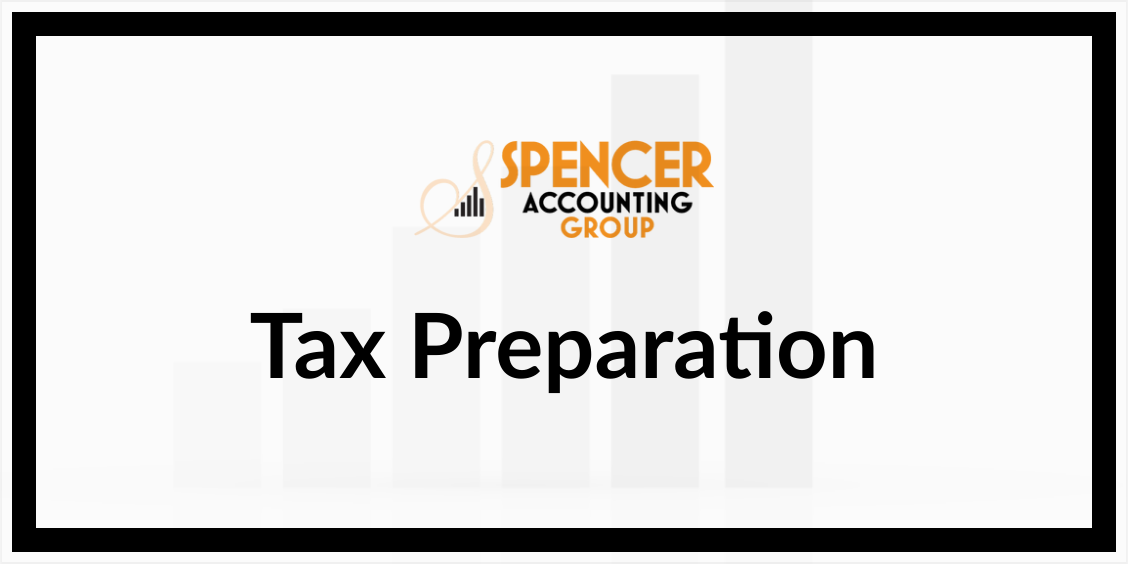|
The recent tax reform destroyed what was a win-win tax benefit for the employer and the employee. Transportation fringe benefits came into being in 1992 under the Energy Policy of 1992 (Pub. Law. 102-486). One difficulty was that the benefits expired often and worked their way into the group of tax provisions called extenders. No problem—lawmakers extended the transportation benefits provisions continuously from 1992 until they made the benefits permanent with the Protecting Americans from Tax Hikes Act of 2015 (Pub. Law. 114-113). The now-permanent tax-free fringe benefit still exists. But because of the recent tax reform, employers get stuck with a penalty tax when they grant employees any of the following qualified tax-free transportation fringes:
The penalty tax on the qualified tax-free transportation fringes applies to the business owner. It works like this: the business gets no tax deduction for the qualified tax-free transportation fringe benefits. Example. Henry is in the 35 percent tax bracket, operates his business as an S corporation, and has 14 employees. His penalty tax rate on the loss of his S corporation’s transportation fringe benefits deduction is 35 percent. Employees continue to receive the benefits tax-free as before. Example. You reimburse your employee Fred for mass transit commuting fees. It costs you $3,160 for tax year 2018. Fred gets the mass transit benefit free of tax, but you don’t get a tax deduction for the $3,160. If you want the tax deduction, you simply put the mass transit benefit on Fred’s W-2 as additional taxable compensation to Fred. But in some locations, including Washington, D.C., New York City, San Francisco, and Los Angeles, you may be required to pay for Fred’s mass transit, depending on the number of employees that you have. In such cases, you can’t stick it to Fred. You simply get the short end of the stick.
0 Comments
Leave a Reply. |
We're Here to HelpGet advice from our experienced network of financial managers. If you Value our Blog, We have an ask.We spend hours researching data to help you understand your finances and taxes, including historical context, issues, and solutions. Our goal is to empower people to improve their relationship with money. Please consider a $3 donation today. Important Disclosures
Spencer Accounting Group, LLC does not provide investment, tax, legal, or retirement advice or recommendations in these blogs. The information presented here is not specific to any individual's personal circumstances. AuthorKeana Spencer is an Accountant, Entrepreneur, and Educator to her clients, with a strong passion. Keana has over 10 years of experience and through her practice, she is a source of knowledge and strategies to her clients. |


 RSS Feed
RSS Feed




